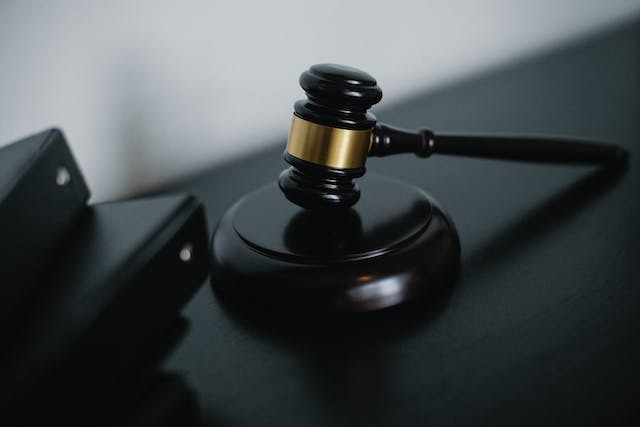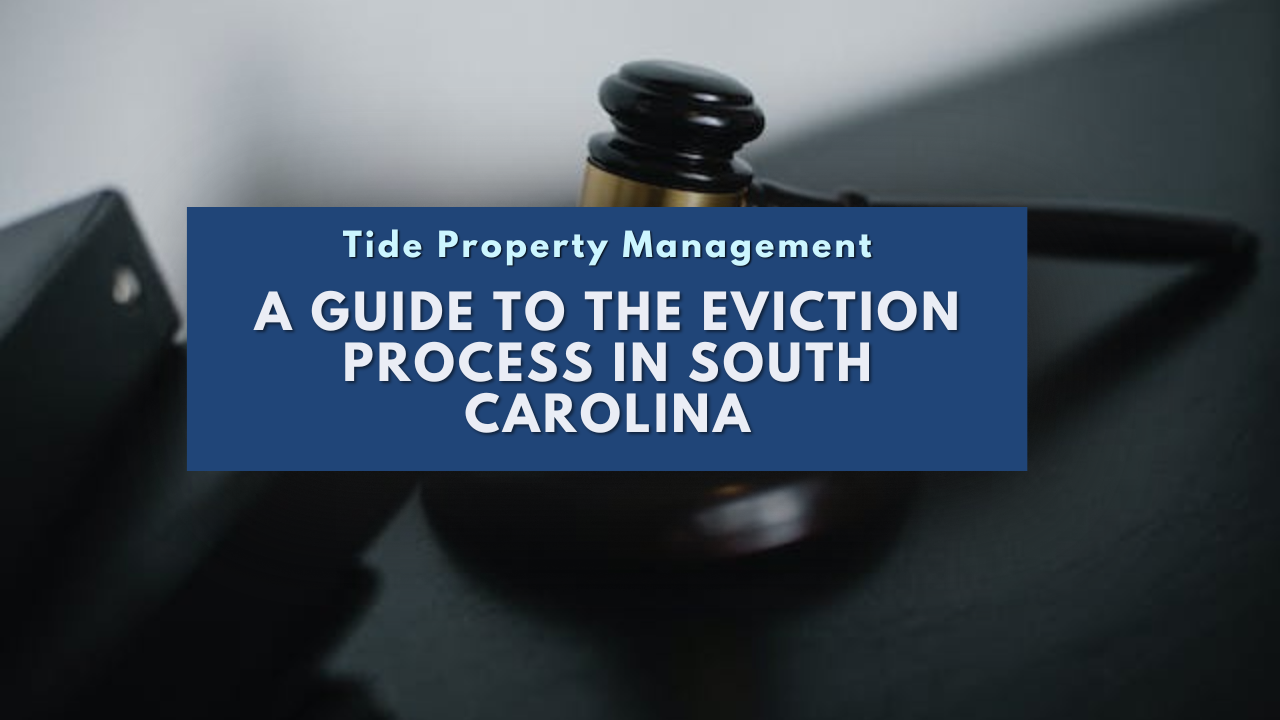Key Takeaways
As a landlord, being properly informed on eviction laws in your area is incredibly important.
There are several different strategies employed by landlords to carry out evictions in South Carolina.
Partnering with a property management team can ensure full legal compliance for your rental.
The lease obligates residents to observe certain rules and policies. For example, pay rent when it becomes due, maintain the unit’s cleanliness and habitability standards, and not disturb the peace and quiet of other residents and neighbors.
Unfortunately, this is not always the case, especially when dealing with difficult residents.
Luckily for you, under the South Carolina landlord-tenant law, you can evict such residents. You must, however, ensure you strictly follow the law to be successful in this regard. Trying to self-evict, or use any other illegal means to get the resident to leave will fail. You may also risk a lawsuit.
In this blog by Tide Property Management, you’ll learn the step-by-step process you must follow to successfully evict a problem resident from your SC rental unit.
TAKE ADVANTAGE OF A FREE RENTAL REPORT
Free Rental Report
What’s the Eviction Process in South Carolina?
Just Causes for Eviction
In South Carolina, landlords must have a just cause to evict a resident from their rented premises. The just causes include the following.
Nonpayment of rent
Staying after the lease has expired
Violating a term of the lease
Once you have a legitimate reason to evict the resident, you must then terminate the lease. This will require you to provide the resident with the appropriate eviction notice.
Notices for Lease Termination
The eviction notice to serve the resident must depend on the violation they have committed.
5-Day Notice to Pay Rent or Quit: If the resident hasn’t paid the due rent, you can serve them this notice. This will essentially communicate to them that they have 5 days to pay the due rent or move out. And unlike some other states, landlords in South Carolina aren’t obligated to provide their residents with a mandatory grace period.

This means that, unless the lease states otherwise, rent becomes due on the 1st of every month.
30-Day Notice to Quit: This is for residents who don’t have any lease agreements or are on month-to-month leases. The eviction notice gives the resident up to 30 days to vacate the unit
If the resident doesn’t pay monthly, you must use a different notice period. For example, if the resident pays rent weekly, you must use a 7-Day Notice to Quit.
14-Day Notice to Cure or Vacate: This is meant for residents who commit minor lease violations. Examples include having an unauthorized pet, parking in the wrong spot, or failing to maintain the unit’s safety and health conditions.
The eviction notice grants the resident up to 14 days to fix the issue or move out. If they don’t do either, you can file a lawsuit against them in court.
CONTACT US TODAY FOR MORE INFORMATION
Contact
Serving a Resident with an Eviction Notice
Just like most other states, landlords must follow a certain method when delivering eviction notices to residents. In South Carolina, you have two options to consider.
Personal delivery to the resident.
Service through mailing (certified or registered).
When using mailing services, though, you must allow an extension of the notice period by 5 calendar days.
Tenant Eviction Defenses in South Carolina
South Carolina residents must respond to the Order to Show Cause within 10 days after being served. This affords them a chance to respond to the eviction complaint.
The following are some of the defenses the resident can give.
They paid the due rent within the notice period.
They didn’t cause the alleged violation.
The eviction notice had significant errors.
The eviction was in retaliation after the resident acted on a legal right, such as joining a tenants’ union.
The eviction was based on any of the fair-housing protected classes, such as race, color, or religion.

If the court finds that any of these defenses is true, the eviction process will stop. In some cases, however, you may only need to restart it to ensure it aligns with the state’s eviction procedure.
Attending Court Hearing
If the court’s ruling is in your favor, you’ll need to request a Writ of Ejectment. This will be the resident’s final notice to leave. If the resident doesn’t act on the opportunity to remove their belongings themselves, the sheriff will have no other option but to carry out a forcible removal.
A writ of Ejectment only gives a resident up to 24 hours to self-evict once they are successfully served.
Conclusion
This is the step-by-step process landlords must follow to successfully evict residents from their rental premises. Following any other route is bound to fail. Such as, locking out the resident from the unit, removing their personal belongings, or shutting down their utilities.
If you have a question or need expert property management help, look no further than Tide Property Management. We provide rental property owners in Charleston, SC, with full-service property management services. Get in touch to learn more about our services!


